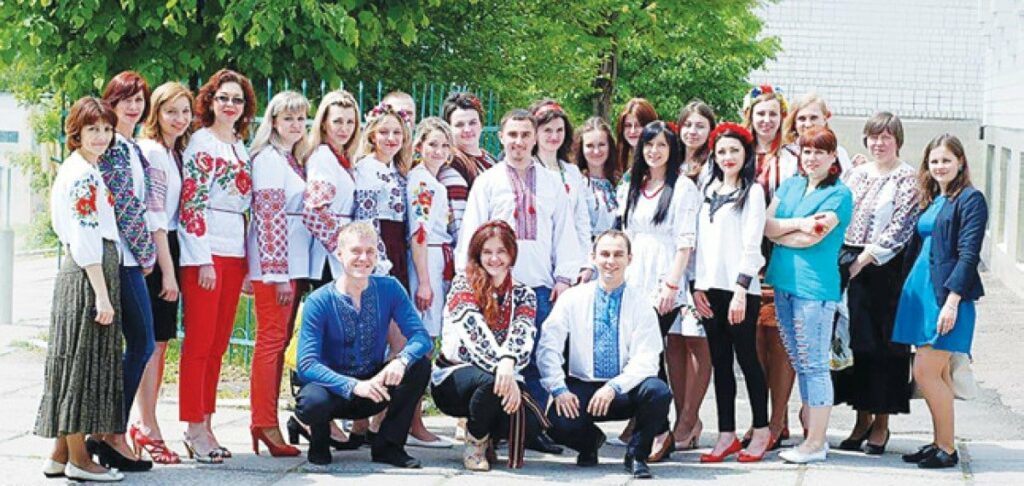
Be the first to arrive and the last to leave
The diagnosis of “sudden death in the workplace,” or “karoshi” in Japanese, is mowing down the ranks of manic workaholics in Japan. Even the Prime Minister of Japan, Keizo Obuchi, who worked 12 hours a day for three years in a row without a vacation, fell victim to it.
In the Japanese office culture, it is customary to arrive at work earlier than the proper time, and leaving at 6:00 p.m. is almost equated with a violation of labor discipline. The result: overwork and unscheduled “rest” in the cemetery. Of course, this is an extreme case, but even if a person is bursting with health and able to sit in front of a monitor for days on end, this is not an indicator of high efficiency.
In general, everyone has their own rhythm of work and their own maximum speed of performance. There are people who do better when a deadline looms on the horizon. A few years ago, the international consulting company PricewaterhouseCoopers (PwC) conducted an interesting study of people’s productivity in different countries. The most efficient were the French, known for their sybaritism, two-hour lunches, and laziness, which is the stuff of jokes. What is the secret? By leaving themselves less time to work, they have learned to concentrate on the task at hand and cope with it quickly and efficiently. Conclusion: the main thing is not time, but self-organization and consciousness.
Every five years, you need to change your seat
This myth was invented by Western HR professionals, and ours actively supported it. Good specialists are always in short supply. After five years of work, an employee acquires special value and begins to bring the company maximum return. It’s the right time to encourage them to change jobs and become a commodity for recruitment agencies. Yes, routine kills professionalism, and the new environment opens up new facets of it. But you don’t have to quit your job every five years to do this. You can change not your job, but your approach to it, tactics, strategy, move up the career ladder within the company and prove yourself in a new role. Even changes in the workplace bring an element of novelty to the workday.
Everyone should have a career
This misconception is based on the commonly accepted model of success, which is calculated by the amount of money in one’s personal account and the status of one’s position. Moving up the career ladder becomes the meaning of life for individuals with a keen instinct for power. Dominance, control of everyone and everything is their source of energy. And they are ready to walk over dead bodies to access it. But there are not many such individuals among us.
Sociological studies have shown that only 20% of people aspire to management positions. For 80%, the position of a boss is irrelevant for various reasons. Some people are more psychologically comfortable in the role of leading than in the role of being led. And even the prospect of a high salary does not reduce the level of internal anxiety that arises from the thought of greater responsibility.
There are people who perfectly realize their potential in their positions and are quite satisfied. For example, a journalist sees his mission in writing sharp publications, and he does not like the role of an administrator, because then he will have to be less creative.
One hundred percent of anti-careerists are downshifters, people who have consciously given up high positions in favor of free time and a quiet life.
If you are not moving up, you are falling down
In addition to the “up” and “down” vectors, there are also “deep” and “wide” directions.
There are three formats of professional advancement. Vertical – when a specialist holds higher positions in their field. A horizontal career is based on mastering a new area in one’s profession and improving one’s skills.
There is also a mixed type of career development that is popular in large corporations today. Before an employee is promoted, he or she is offered to work in other departments (horizontally), to better understand the context, and to learn to put himself or herself in someone else’s shoes. A person learns to respond adequately to challenges, interact in conflict, and increase emotional intelligence. And if they have a desire to improve their professional level, it will certainly push them to a new career peak.
To succeed, you need to work hard and long hours
This myth is still popular among the older generation. After all, in the recent past, people received titles, honors, and leadership positions almost simultaneously with retirement.
Today, life has accelerated, time has become more compressed, and the very approaches to work have changed: by replacing “much and hard” with “smart and enjoyable”, you can achieve the desired result long before retirement age. However, the task does not have to be overly complicated, according to Sean Ekor, a Harvard University psychology professor and corporate strategy consultant.
Too lofty goals paralyze the brain’s mental resources, and it reacts to them as a danger or threat. But breaking down grandiose goals into small and achievable ones removes the state of fear and numbness, and tasks are solved easily and with joy.
One profession for life
Not every high school graduate manages to hit the right spot with their future profession: “I want” in theory often does not coincide with “I like” in practice. This is one of the reasons why people go to university for a second or third degree.
According to statistics, at least 30 thousand Ukrainians receive a second degree every year, and 55% of them radically change their previous specialty. After all, our fast-paced life regularly buries and gives birth to new professions. Who would have thought 15-20 years ago that draftsmen, stenographers, linotypists, and typists would be seen only in movies? Without self-Education, the ability to relearn, and new skills and abilities, you can’t keep up with the changes.
The office is the best place to work
In fact, it works best where you can concentrate as much as possible. It doesn’t matter if it’s a riverbank, a cafe, an apartment or an office. Modern communication tools allow you to set up the production process even in a hammock in a tree: employees can communicate via video conferencing, online communicators, and hold presentations and brainstorming sessions from a distance.



